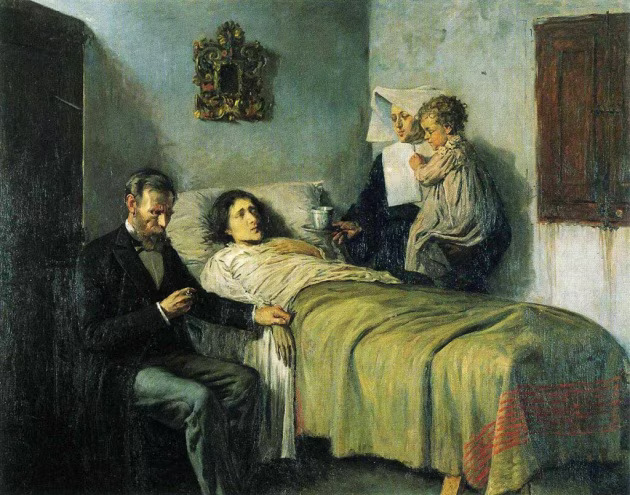
Knowing healthcare and rooting for public healthcare, we cannot but comment on the beautiful film by Petra Volpe, former director of The Teachers’ Room and The Late Shift. If in the film dedicated to schools the protagonists were teachers, students, parents and management, here the main roles are given to nurses and patients, while doctors remain in the background and management is practically invisible.
Right from the start, the imbalance is striking very few nurses compared to the high number of patients to be treated. Mostly women, these professionals take charge of everything: taking temperatures, administering antibiotics and analgesics, preparing patients for examinations and operations, managing to find a vein, changing the pouch of an ostomy. And above all, listening, because patients confide in those they see most often. Management brings no new resources; it only serves to collect any written complaints. No gratification, no recognition: shifts that began with a smile often end in tears and exhaustion.
Although risk management protocols are adhered to – such as writing the patient’s name on the medication cup – the protagonist, Nurse Floria, comes to confuse two therapies. It is not a mistake due to laxity, laziness or negligence, but to the overload of work that would turn off anyone’s lucidity. So it happens that one patient receives morphine and sleeps a little longer without any consequences, but another, who is allergic, develops an anaphylactic reaction. Floria immediately alerts the doctor, who intervenes and understands. The patient is saved, and the film clearly shows that the fault does not lie with the nurse, but with a worn-out system that pushes even the most experienced and competent over the edge.
In this world without attentive management, the protagonists invent solutions from below: a family member helps push a stretcher, two patients find themselves playing chess, an inexperienced intern gives her all anyway. But the real energy comes from other storytelling, that which goes beyond the temperature or pain scale: Floria writes in the file that an elderly lady with dementia loves to sing, and so, to calm her down, she starts to sing a lullaby until the patient sings with her. Or she accepts in silence the confession of a woman with metastatic breast cancer, who tells her that she would only continue chemotherapy for her children: Floria does not influence her, does not judge her, but stays by her side taking her hand.
Doctors are in the background. The internists are more present, while the surgeons appear distant not only emotionally, but also physically: they work on another floor of the hospital, in the operating theatres, far from the daily life of the ward. They operate from morning to night and often do not feel like communicating unpleasant news. Perhaps a stereotype but also confirmed by the data: by dint of seeing sleeping patients, one risks losing the ability to really talk to them.
The ending, poignant and which I do not want to anticipate, leaves one hanging. The original title, The Late Shift, badly translated as ‘The Last Shift’, opens a question: is it late for the protagonist nurse? Is it late for the healthcare system? Is it late for doctors and staff all to try to safeguard it? The enlightening credits speak of the future worldwide shortage of nurses.
According to the World Health Organisation’s State of the World’s Nursing 2025 report, the nursing workforce has grown from 27.9 million in 2018 to 29.8 million in 2023, but the shortage remains severe: 5.8 million nurses missing in 2023, with a projected reduction to 4.1 million by 2030.
It is true that nurses in Switzerland are better paid than in Italy, but the substance of the work and the scarcity of resources does not change. Today, however, I saw a wonderful photo on social media: a group of Latin American nurses proudly climbing on a bandwagon to represent the winner’s bandwagon. Yes, because winners they really are although invisible to management, they hold not only the body, but also the mind and soul of the patients. This is the profound meaning of the profession.
As Paola Gobbi, a nurse, recalls: “The problem of the lack of nurses, and more generally of health and social care professionals (and operators), is the problem of an entire community. Without immediate and long-term interventions, ranging from making the profession more attractive to young people, such as encouraging enrolment and attendance on degree courses, to better organisational conditions, in terms of quantity, to real career paths with adequate economic recognition, western countries will not be able to respond to the care needs of the population, neither of those who are hospitalised for acute cases, nor of the elderly and frail population taken care of at home, in the territory and in residential facilities. Because without nurses there is no health. And this – the film also reminds us of this in the moving scenes at the end of the shift, with Floria’s patients calmly facing the night – is not a slogan’.
Attention then: let’s save this category, let’s invite young people to enrol in nursing, let’s lower the salaries of parliamentarians and raise those of nurses. Because without nurses there will be no care and nursing.
